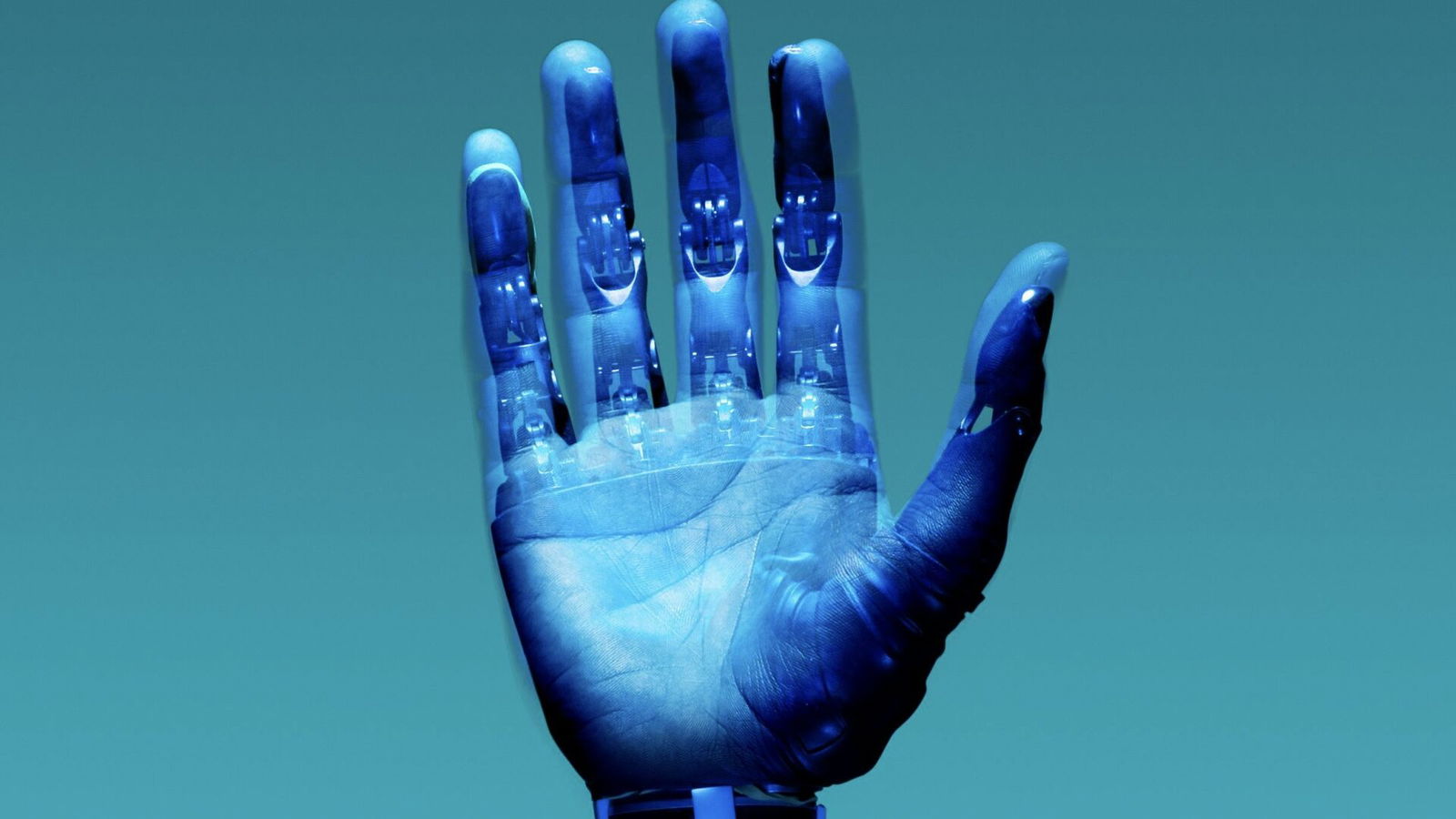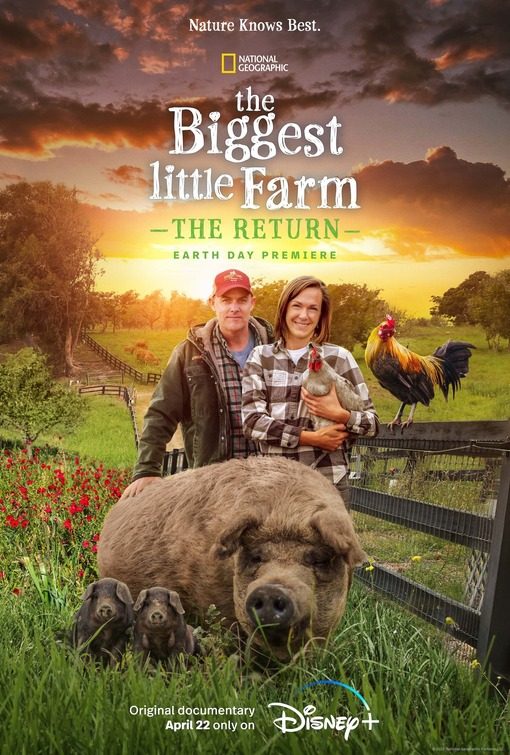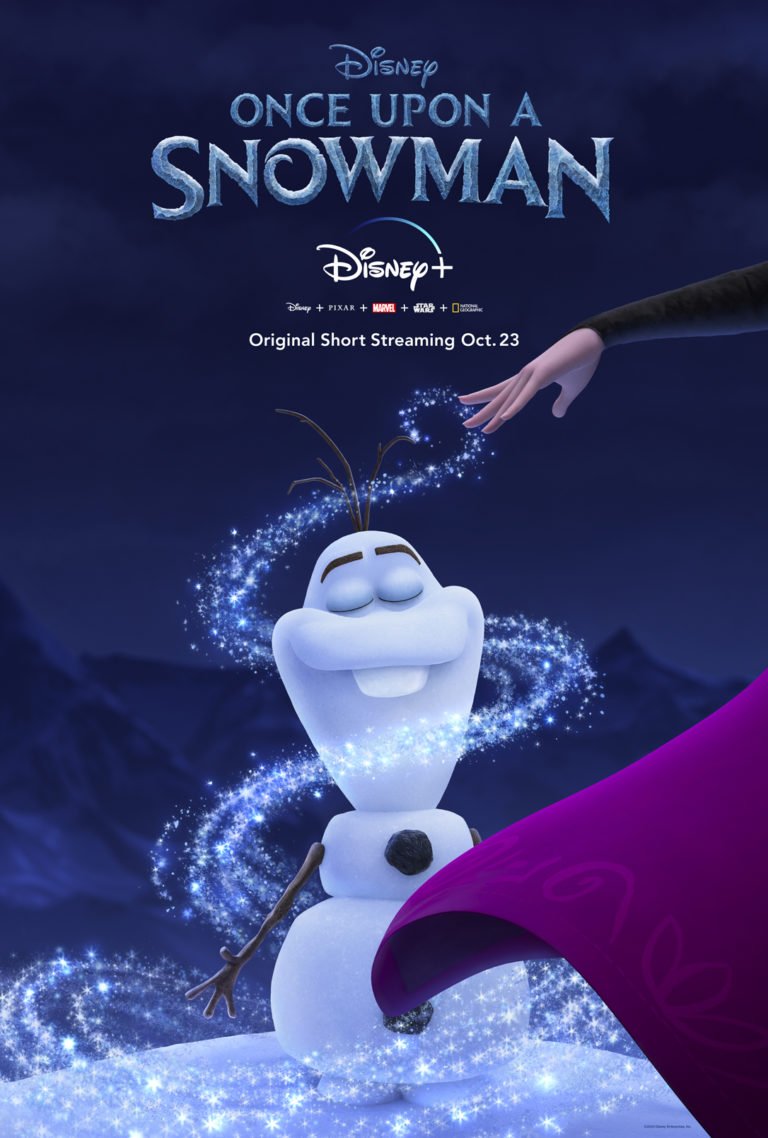
Will AI Take Over Kids Shows?
By Movieguide® Contributor
Kartoon Studios, formerly Genius Brands, created two kids series generated from artificial intelligence last year, and now it’s decided AI is the way to go.
“The future of children’s entertainment is here, and we’re thrilled to be at the forefront of this revolution,” said Kartoon Studios chief executive Andy Heyward.
President Todd Steinman said AI provides “significant cost efficiencies and speed to market,” allowing the company to “expand our content initiatives and fuel our programming pipeline in a way that couldn’t have been possible before.”
The company execs feel this way despite that the shows are the least watched content on the company’s YouTube channel and have “failed to take off.”
While other entertainment companies don’t fully embrace AI, they’re still exploring what it can offer them.
COCOMELON’s company, Moonbug Entertainment, has “zero” AI in the series. However, the CCO said it is exploring “where the benefit is, for raising the bar creatively.”
Netflix co-CEO Ted Sarandos said AI “is going to generate a great set of creator tools, a great way for creators to tell better stories. There’s a better business and a bigger business in making content 10 percent better than it is making it 50 percent cheaper,” however. He added audiences “largely care mostly about connecting with the storytelling.”
Legal barriers are also deterring interested parties.
The Hollywood Reporter said, “The U.S. Copyright Office doesn’t grant copyrights to machine-generated works, limiting exploitation of such material. Studios are wary. ‘Contracts say you need to ask permission of studios, and a lot of studios’ policies is that it’s simply not allowed,’ said showrunner and writer Mark Goffman (BULL, LIMITLESS, THE WEST WING) at AI on the Lot, a conference about AI in the entertainment industry, in May.”
Still, some companies are using AI tools to some extent in their productions.
“That’s not to say some creators aren’t embracing the tools in some parts of production. Animation house Toonstar, home of animated series STEVEN & PARKER, launched a dedicated AI studio in January for digital creators to create low-cost content and streamline production. Co-founders John Attanasio and Luisa Huang estimate their proprietary tools make production 80 percent faster and at a fraction of the cost of industry norms,” The Hollywood Reporter said. “They point to time-consuming, monotonous tasks like animating hands in various states of change.”
“Other productions are planning more novel uses of the tech. PBS Kids series LYLA IN THE LOOP will release interactive episodes that incorporate AI-assisted conversations between audiences and the show’s titular character, who responds to viewer questions using AI,” THR continued.
STEVEN & PARKER creator Parker James believes the work he does would not be possible without AI tech.
“I can come up with any idea, and they can execute within 24 hours,” he said.
Movieguide® previously reported on the rise of AI in kids’ entertainment:
“The global take-over of anime, a cinema renaissance amongst kids, the rise in popularity of popular Asian culture, like K-Pop boy bands, AI, customized content, and an increased income from toys related to favorite shows were the main talking points for [Ivan Colecchia, senior VP of business development at analytics firm The Insights Family],” Variety reported.
He said, “97% of kids aged 13-18 are aware of AI. If 97% are aware of it, how many are using it: 85% globally. In some countries, 90% are using it to generate content, even, or shape music.”
“AI has simplified homework and contributed to a growing need for simplicity, spoon-fed answers and personalization. Customization and AI. That’s my message today. Think about that,” he said.
Wired reported in March that children already see a lot of AI-generated content on YouTube. Several channels — Yes! Neo, Super Crazy Kids, and others — share AI-generated animations similar to COCOMELON’s.
“This familiar aesthetic means that a busy parent glancing quickly at a screen might confuse the AI content for a program they’ve vetted,” Wired reported. “And while it is not particularly well-crafted, the content of the videos put out by these channels tends to be shoddy in the same way that so much of today’s human-made children’s entertainment is shoddy—frenetic, loud, unoriginal.”
Animation magazine said Apr. 19, “The biggest concern seems to be that these AI-generated videos are not created to really have positive impact on young viewers. They are done only to generate clicks and revenue for the content creators. There are no organizations checking them to make sure they’re actually offering educational content, and some parents are not smart enough to discern what’s legit and what’s flashy, colorful garbage disguised as children’s shows.”
Questions or comments? Please write to us here.


 - Content:
- Content: 

